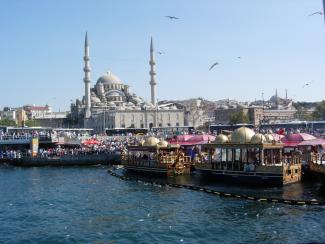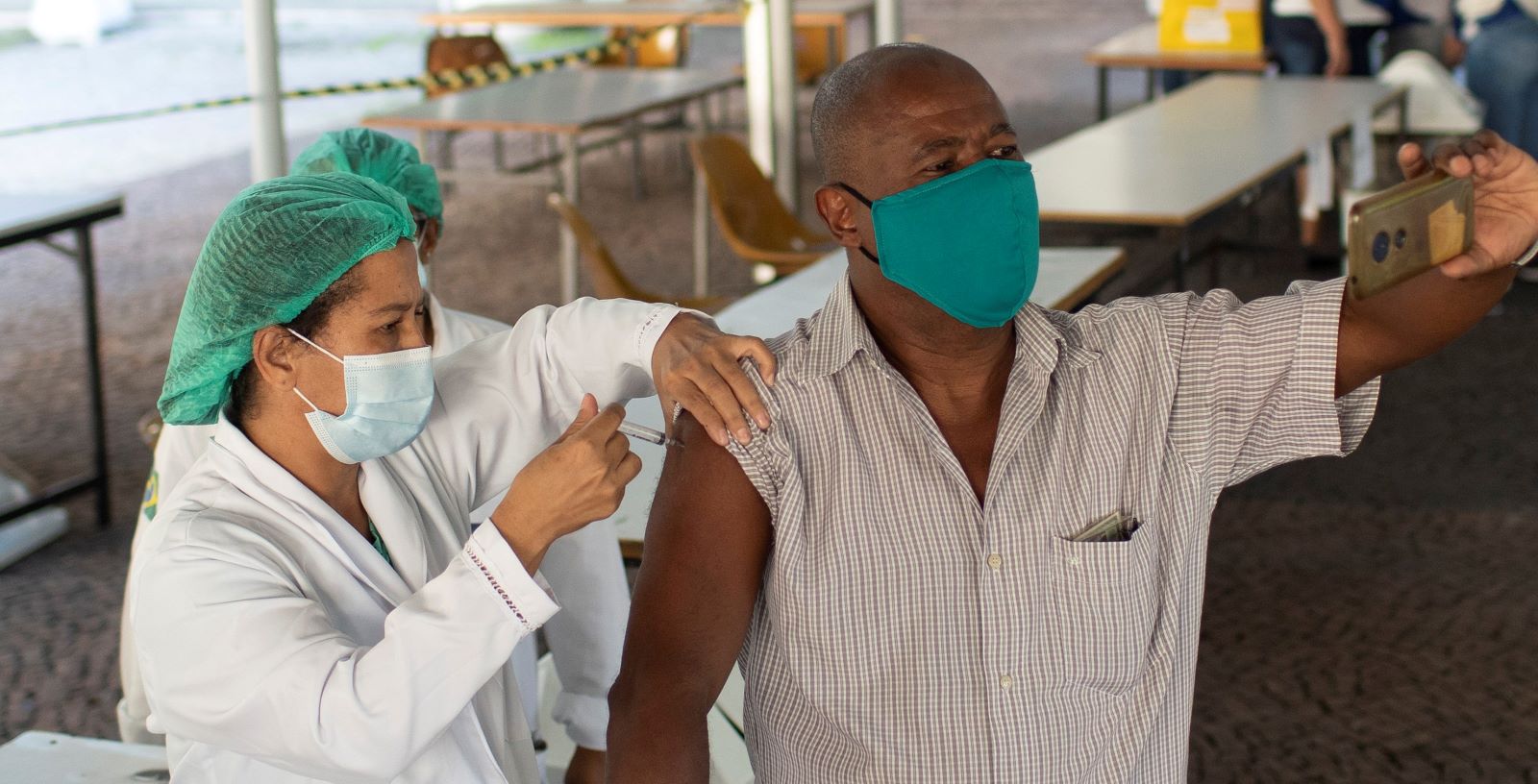International relations
“No big talks, but sharing expertise”

What is the advantage of cooperation by local governments from different countries, as opposed to cooperation by national governments?
The local approach gives you a completely different perspective. Where nations can encounter difficulties to work together, municipal authorities from the countries concerned may well be able to do so. After the Second World War, cooperation of local governments from different nations offered the chance of rebuilding good relations as neighbours in Europe. This is how the idea of ‘twinning’ towns came about. Twin cities cooperate with one another across national borders. After the war, twinning was a welcome option for expressing a new sense of solidarity and overcoming fear. People in the other country could be seen as neighbours, rather than enemies. Municipal cooperation is a way of fostering peace and reconciliation. It is a kind of international diplomacy at the local level. While each individual action by one city is not much, lumped together, it amounts to quite a lot.
Municipal cooperation is sometimes called ‘soft diplomacy’. Please comment.
A former mayor of Lyon, Edouard Herriot, said: "Everything divides nations, and everything unites cities." Where countries may be hostile, relations between cities of two countries are much softer. For instance, in post-conflict areas it is much easier to cooperate at the city level than at the national level. People find this kind of cooperation more acceptable.
Why is that so?
It is easier to connect at the personal level. Mayors in Africa face the same challenges as mayors in Europe. They must provide roads, public transport, water connections et cetera. The needs and the expectations are different, but the basic problems are the same. Municipal cooperation, moreover, is bringing citizens together, not only politicians. There are no treaties, no big talks. People just share experiences and expertise.
What does decentralised cooperation provide?
It can support the delivery of local services very effectively. Every municipality needs all sorts of experts – for instance, experts on transport or water systems. Their expertise is very specific, and it can be shared with other cities. For service delivery, this kind of expertise counts and nothing else. Often cooperation of European with non-European cities proves to be more efficient than national politics of official development assistance.
Is there a risk of rich European cities patronising poorer partners in other areas of the world?
In decentralised cooperation, we have overcome that problem, even in the case of former colonial powers like Britain and France. At the city level, it matters more that people speak the same language. European municipalities have expertise in governing, but their model cannot be copied one-to-one in a different socio-political setting. New tools for implementing policies have to be invented. An African city, for instance, may need new ways to register citizens for census or taxation purposes. The European expertise can prove useful, but it must be adapted to a different situation.
Do European municipal governments benefit as well?
Yes, the European side normally learns a lot, because Africans are very inventive when they solve problems. For example, a sector of new micro-business has emerged. These businesses recharge the batteries of mobile phones for people whose homes are not linked to the power grid. This kind of creativity is very inspiring. In view of the financial crisis, many municipal leaders in Europe feel that they lack the funding they need to rise to their responsibilities adequately. But consider cities in developing countries. They have even less resources. Leaders there need to be smart if they want to deliver a new kind of service.
How can citizens participate in such partnerships?
People can be involved at different levels. For instance, migrants tend to participate in activities that have to do with their home country. Relying on their input even helps them become integrated in their new place of residence. By cooperating with the diaspora we can benefit from the linguistic and cultural links people have to other countries. And last but not least, this kind of cooperation also opens the minds of "indigenous" Europeans.
Are there municipal partnerships you consider particularly worthy of praise?
Oh yes, there are lots of them. One example is Nantes in France. This town established a centre for municipal services in cooperation with migrants from West Africa. This centre has become a kind of school for staff of the local government. The partnership of Stuttgart with Istanbul is remarkable too. It involves the local universities and is promoting cultural exchange. There are many more good examples however. About 10,000 European municipal governments are involved in a partnership with an African partner.
Must municipal authorities take the initiative for starting local-level cooperation?
Well, the European Union is in favour of decentralised cooperation too. This has an impact on policymaking. The EU signs bilateral agreements for development projects at the national level, but decentralised projects are feasible as well. The EU welcomes and even provides funding. National governments – for instance the German one – do so too. However, not all local governments are aware of the funds that are available. My organisation, the Council of European Municipalities and Regions, is spreading such information.
What are the most important gains of municipal cooperation?
The strengthening of local governments is very important. It is decisive in democratic processes. Partnerships should always seek to strengthen local self-government and local democracy.
What are your recommendations for the future?
We want to emphasise the need for cooperation at all levels of governance – local, national and even supranational. Moreover, we need to prepare for the UN Habitat III Conference in 2016. This conference will provide an opportunity to define goals for local-level development in cooperation with national governments and all sorts of other stakeholders.
Questions by Sheila Mysorekar.
Frédéric Vallier is the secretary general of the Council of European Municipalities and Regions. This organisation unites 57 umbrella organisations from 41 countries, representing in total around 150,000 local-government authorities all over Europe. It cooperates closely with ENGAGEMENT GLOBAL’s Service Agency Communities in One World.
info@ccre-cemr.org











